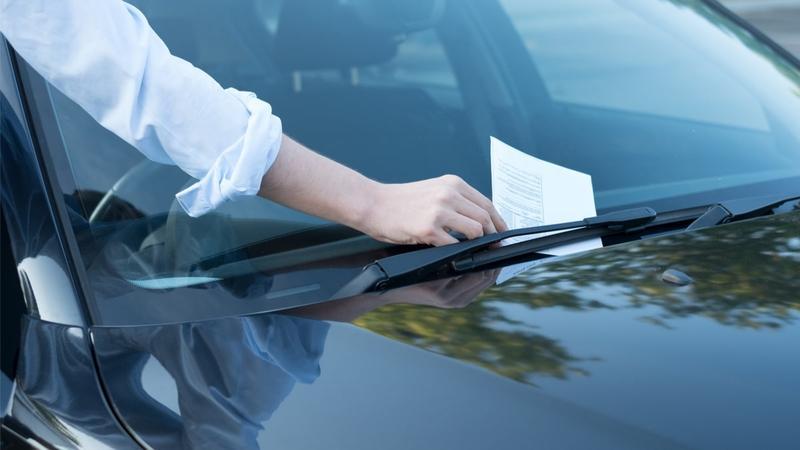Demerit points are placed on your licence as the result of a conviction of a traffic offence. The number of points you receive depends on the severity of the charge against you. Demerits can accumulate, so that adding points during the time (usually two years) it takes for points to fall off your licence will mean they are added together. Demerit points can have a very negative effect on your driving privileges, and they affect your car insurance although not directly.
How Demerit Points Work
Each traffic conviction or violation is accompanied by a certain number of demerit points. Minor convictions, such as speeding under a certain amount or running a red light, carry fewer demerit points. More serious offences such as failing to stop for a school bus and leaving the scene of an accident will carry a larger number of demerit points.
Demerit points are added to your licence when you are convicted of any violation that carries points. Your first demerit points will generally not affect your licence much, but as they accumulate they can really start to cost you.
In Ontario, for example, after nine demerits, you may be called in for an interview and asked to defend your driving skills and present an argument for why you should be allowed to keep your licence. At 15 demerit points you will find your licence automatically suspended. Demerit points are also a factor in the cost to renew your driver’s licence in many provinces.
Which Convictions Earn Demerit Points?
There is a long list of convictions that can earn you demerit points on your licence. These are moving violations; in most cases parking violations do not result in demerit points. Among the common traffic violations for which drivers receive demerit points are:
- Speeding, number of points depending on how fast you were going
- Failure to obey a stop sign or traffic signal
- Failing to wear a seatbelt
- Improper turns
- Following too closely
- Improper passing
- Going the wrong way on a divided road or one-way road
- Careless driving
Some of these convictions can be fought and removed from your record if you can successfully prove you are not guilty. If you successfully fight a ticket, you won’t get demerit points added to your licence. Remember that this is only a small list of the possible violations that can result in demerit points; it’s best to consult the laws in your home province to get a full list.
Do Insurance Companies Charge for Demerit Points?
The answer to this is a little more complex than yes or no. Insurance companies charge an increased rate to drivers who have convictions on their record. These are often the same convictions that result in demerit points on your licence.
Each insurance company can determine which convictions they charge for and how much they charge. Two violations that carry the same number of demerit points may not be seen as the same by an insurance company. One may cost you more than another.
Insurance companies don’t charge you based on the number of demerit points you have on your licence, but based on the number of convictions and the type of conviction. Still, having demerit points is a pretty sure way to get an increase on your insurance. While demerit points can fall off your licence after two years, insurance companies will charge you for the conviction for three years, whether or not the demerit points are still present.
Drivers with a large number of demerit points, and thus several convictions, may find themselves facing non-renewal by the insurance company. This means that the insurance company will inform you that when your policy comes up for renewal, the insurance company will not offer you a new policy term.
Demerit points can cost you in a number of ways. They are given for violations that often carry a fine, and you may pay more for your licence on renewal if you carry demerits. They can also indirectly cost you on your auto insurance, as they are most often given for the same convictions that insurance companies raise rates for. It’s simple to avoid getting them; stick to the rules of the road and drive carefully. While even good drivers can make a mistake sometimes, it pays to avoid traffic tickets as best you can.
